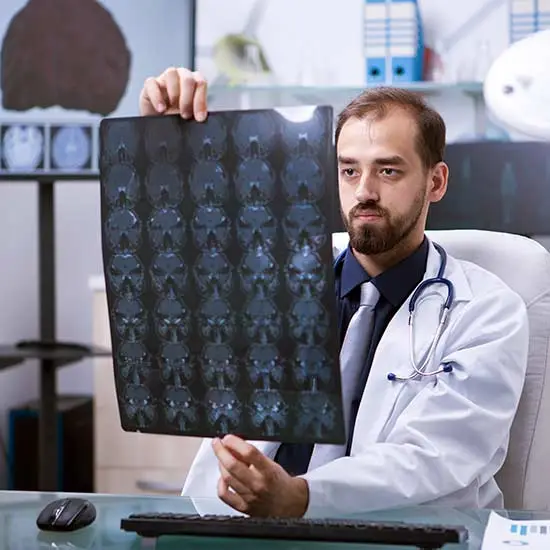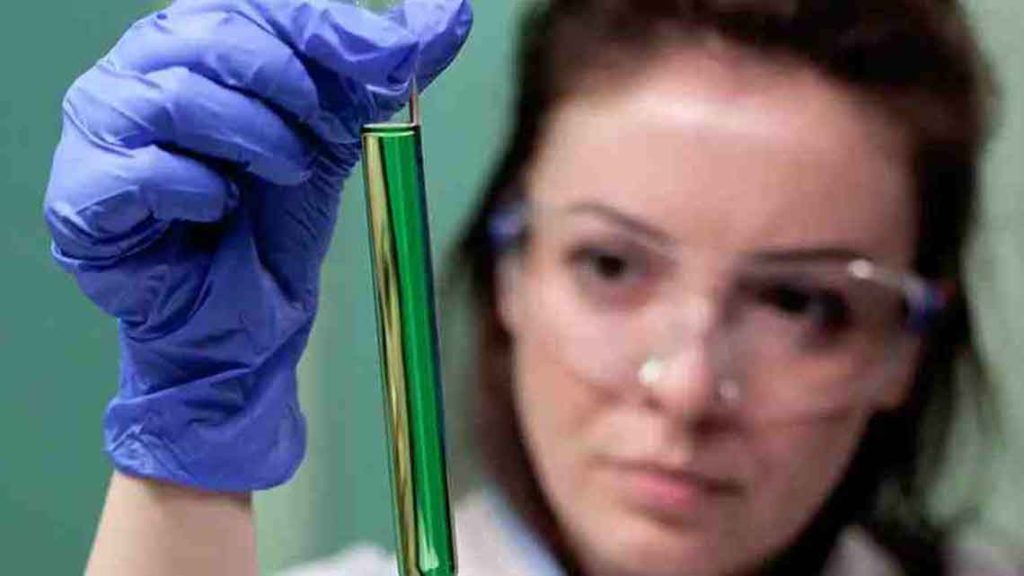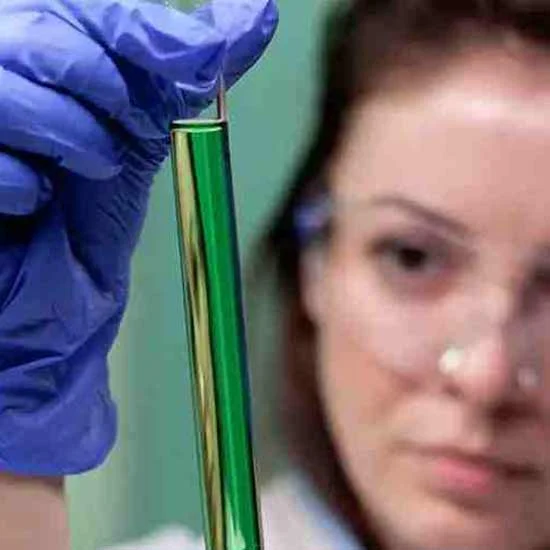In recent years, there has been a notable shift in the discourse surrounding marijuana, especially medical cannabis. It is noted beyond its recreational use to focus more on its potential therapeutic benefits. Central to this evolving conversation is THC (tetrahydrocannabinol), the primary psychoactive compound found in cannabis. While THC is commonly associated with its euphoric effects, its medicinal properties are gaining increasing recognition and interest within the medical cannabis community. In this blog, we delve into the medicinal marvels of THC. We will explore its diverse therapeutic applications and the expanding body of research supporting its use in various medical contexts.
Traditionally, THC is well-known for making people feel high, which is why many people use cannabis for fun. But now, science shows THC might have other uses. It could help with pain, nausea, and appetite. It could also support brain function. Scientists are learning more about how THC works, and they’re finding out it might help treat different health problems. THC could give new ways to help people feel better and take care of their health.
Understanding THC in Medical Cannabis
To understand how THC can help with health, we need to know how it works in the body. THC is a type of chemical found in medical cannabis that interacts with something called the endocannabinoid system (ECS). This system is like a network of receptors, enzymes, and other chemicals inside our bodies. It helps keep things balanced and controls important stuff like mood, appetite, pain, and memory. When THC interacts with the ECS, it can affect how we feel and how our body works, showing that it can do many things to help us stay healthy.
When THC attaches to receptors in the brain and nerves, it changes how chemicals in our brains work. It leads to various effects like reducing pain, making us hungry, improving our mood, and how we remember things. By understanding how THC works with the ECS, we can see how it might help us feel better. A study of THC helps to learn all the ways it can be helpful and make sure it’s safe to use for medical reasons.

Pain Management Using Medical Cannabis
THC is known for its ability to ease pain. By interacting with receptors in both the brain and nerves, THC helps reduce how we feel pain. This is especially helpful for people with chronic pain – like nerve pain, arthritis, or multiple sclerosis. THC works by lessening inflammation and calming pain signals, which can bring relief and make life better for many people dealing with constant pain.
Although THC can help manage pain, it’s essential to know about possible side effects like feeling fuzzy-headed or getting high. Despite these concerns, THC remains an important part of pain treatment, giving hope to those dealing with long-term pain. With more research and guidance from doctors, THC keeps playing a big role in helping people cope with pain.

Medical Cannabis for Nausea & Vomiting
THC, a key component of medical cannabis, has gained attention for its ability to help with nausea and vomiting. This is especially helpful for patients going through chemotherapy or dealing with illnesses like HIV/AIDS. Many studies have shown that THC can ease nausea and vomiting caused by chemotherapy, bringing relief to cancer patients. THC helps with physical discomfort and also improves the overall well-being of those dealing with chemotherapy side effects.
By interacting with the body’s endocannabinoid system, THC can change how nausea and vomiting are controlled. This makes THC a helpful addition to treatments for people going through chemotherapy. Also, it helps those dealing with severe nausea and vomiting due to other medical conditions. As scientists learn more about how THC works against nausea and vomiting, it could become a safe and effective option for managing these symptoms in different groups of patients.


Fix Your Appetite With Medical Cannabis
THC has a well-known ability to boost appetite (often called the “munchies”). This quality makes it valuable for treating conditions where people struggle to eat enough or lose weight unintentionally. Patients with illnesses like HIV/AIDS or certain eating disorders have found relief using medical cannabis with THC. This property of THC is a promising aspect to increase appetite. It can help people gain weight when they have trouble eating enough.
THC works by interacting with the body’s endocannabinoid system, which controls hunger and feeling full. By changing how receptors in the brain and body respond, THC tells the body it’s hungry. This leads to eating more and improving nutrition for people with appetite problems. Because of this, medical cannabis containing THC has become an option for boosting appetite. Moreover, it can prevent weight loss in patients with different health conditions.

Neurological Disorders
Recent studies suggest that THC may have protective effects on the brain, This offers hope for treating neurological disorders like epilepsy, Parkinson’s disease, and Alzheimer’s disease. Research has shown that THC can reduce seizures in epilepsy patients. Also, it can ease motor symptoms in those with Parkinson’s disease. This promising research indicates that THC could be a useful treatment to possibly slow down the progression of these challenging neurological conditions.
THC‘s protective effects on the brain are believed to come from its interaction with cannabinoid receptors. These receptors help regulate how brain cells function and respond to inflammation. By influencing these receptors, THC may help reduce damage to brain cells and inflammation. Therefore, it can protect the nervous system. This could be especially beneficial for individuals with epilepsy, Parkinson’s disease, and Alzheimer’s disease. Medical cannabis can potentially improve their symptoms and overall quality of life. As research continues to evolve, THC-based medical cannabis treatments may become important options for managing neurological disorders. It could provide new ways to ease symptoms and potentially slow down the progression of these conditions.


THC and Mental Health Conditions
The relationship between THC and mental health is complex, with studies suggesting that THC might help with certain mental health issues. Despite the complexities involved, research shows that THC could potentially help alleviate symptoms of post-traumatic stress disorder (PTSD), depression, and anxiety in some people.
THC‘s possible benefits for mental health conditions may come from its interaction with the endocannabinoid system, which helps regulate mood, stress, and emotions. By affecting how neurotransmitters work and reducing anxiety, THC could provide relief for people dealing with PTSD, depression, and anxiety disorders. While more research is needed to fully understand how THC affects mental health, these early findings suggest that it could be a helpful option alongside other treatments for managing symptoms of various mental health conditions.

THC and Sleep Disorders
THC‘s calming effects make it a possible option for treating sleep problems like insomnia. While more research is needed to fully understand how it affects sleep in the long term, early evidence suggests that THC products containing cannabis might help some people sleep better and longer.
THC‘s calming effects are thought to come from how it interacts with the endocannabinoid system, which controls processes like sleep and wakefulness. By changing how neurotransmitters work and promoting relaxation, THC might help people fall asleep faster and stay asleep better if they struggle with insomnia. While it’s important to be cautious because of possible side effects and differences in how people respond, THC could be a helpful way to improve sleep for those dealing with sleep disorders.

Using Medical Cannabis: Challenges and Considerations
While THC shows promise for medical use, it’s crucial to use it carefully and with a doctor’s guidance. Like any medicine, THC can cause side effects such as problems with thinking and memory, and some people may become dependent on or addicted to it. Also, laws about cannabis and THC differ a lot depending on where you are, which can make it hard for patients and doctors to know what’s allowed.
Using THC safely means being aware of its potential side effects and risks, and talking to a doctor before starting treatment. It’s also important to follow the laws in your area and work with healthcare providers who understand how to use THC safely and legally. By being cautious and informed, patients and doctors can make sure THC is used in a way that’s safe and effective for everyone involved.
Approach with Caution and Medical Supervision
- THC, like any medication, requires careful consideration and supervision when used for medicinal purposes.
- Potential side effects include impaired cognitive function, memory deficits, and dependency or addiction in susceptible individuals.
- Medical supervision ensures safe usage and monitoring for adverse effects.
- The legal and regulatory landscape surrounding cannabis and THC varies widely across different jurisdictions.
- Access to medical cannabis products may be limited by strict regulations or prohibitive laws.
- Healthcare providers face challenges in prescribing or recommending THC-based therapies due to legal constraints.
Patient Education and Collaboration
Patients should engage in open discussions with healthcare providers about their medical history, treatment goals, and potential risks associated with THC use.
Collaborative decision-making ensures that treatment plans are tailored to individual needs and preferences.
Continued research and advocacy efforts are needed to promote sensible cannabis policies and advance understanding of the safety and efficacy of THC-based therapies.
Some popular THC Products
THC Tinctures
Blue Razz Nano Nectar Tincture: Offering precise dosing and fast-acting effects, this tincture is ideal for sublingual administration, providing customizable THC intake with convenience.
Teapot Cube Inline Oil: Known for its high-quality formulation, this tincture offers a range of THC concentrations to suit individual needs, providing relief with consistency.
THC Edibles
Birthday Cake Chocolate Bars: These THC-infused chocolate bars provide long-lasting relief and come in a variety of flavors, offering a tasty and discreet way to consume cannabis.
Berry Blaze Gummies: With a reputation for potency and flavor, these THC-infused gummies deliver consistent effects, but caution is advised to avoid overconsumption.
THC Topicals
Mary’s Medicinals Transdermal Patch: Offering targeted relief for pain and inflammation, this patch delivers THC directly to the affected area without producing psychoactive effects.
Migraine Rollon Stick: Infused with THC and CBD, this product provides soothing relief for muscles and joints, making it ideal for localized discomfort.
Pills
THCa Tablets: These THCa pills offer standardized dosing and convenience, containing THC oil or powder for discreet consumption.
Daily Tablets: Formulated with THCa and other botanical ingredients, these capsules give relief from pain and inflammation, promoting overall wellness.
THC Vape Cartridges
Banana Kush: Known for their quality and potency, these vape cartridges contain concentrated THC oil for rapid onset of effects and precise dosing control.
Blueberry Lemonade: These vape cartridges deliver a smooth vaping experience with consistent THC potency, but caution is essential to ensure product quality and safety.
Conclusion
In conclusion, THC shows great promise as a treatment with many potential benefits. It can help with pain relief, nausea, appetite stimulation, and support for the brain and nerves. However, more research is needed to understand exactly how it works, how much to use, and what its long-term effects are.
As attitudes toward cannabis change and scientists learn more, THC could become an important part of treating different medical conditions. With continued research and careful medical guidance, THC has the potential to make a positive impact on patient care and quality of life for those looking for different treatment options.
The information provided is not a substitute for professional medical advice, diagnosis, or treatment. Consult with a qualified healthcare professional for personalized advice based on your medical condition.




